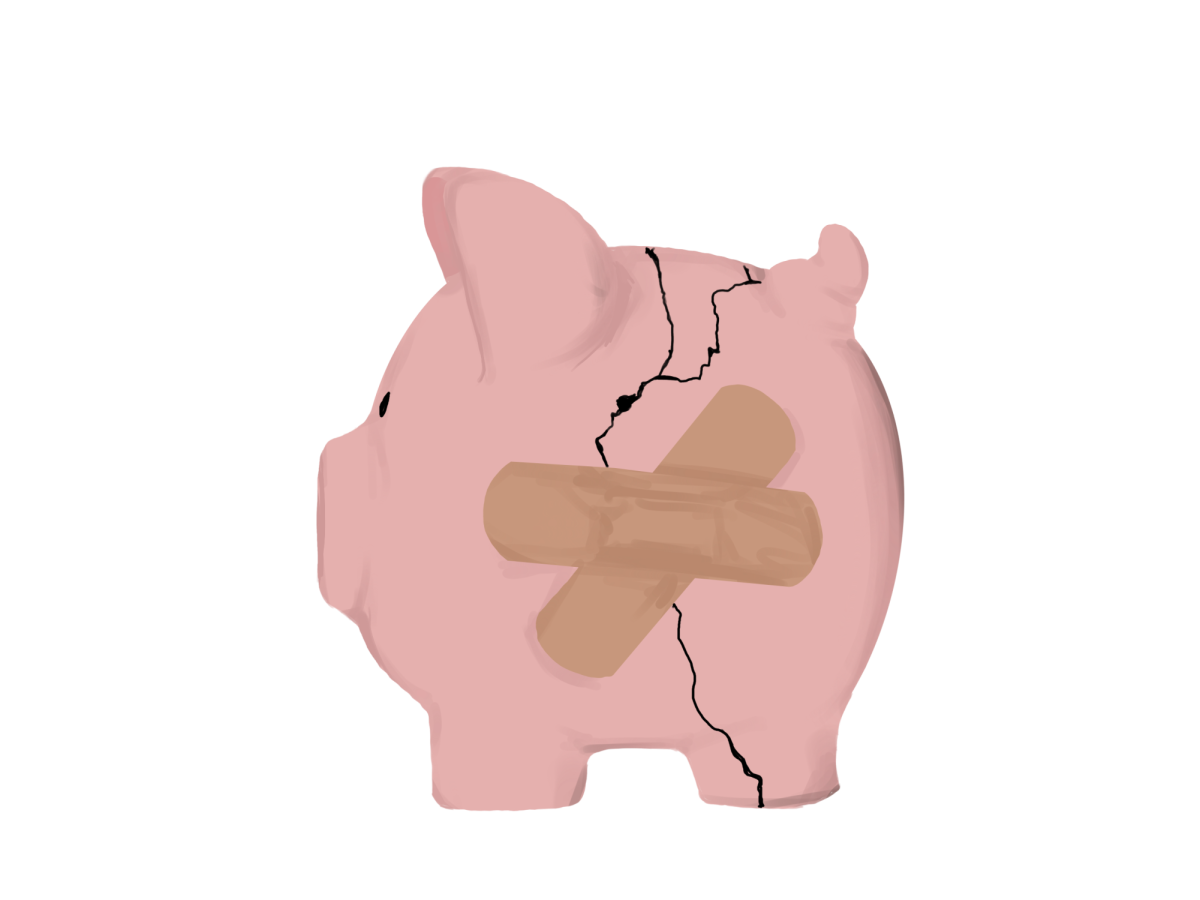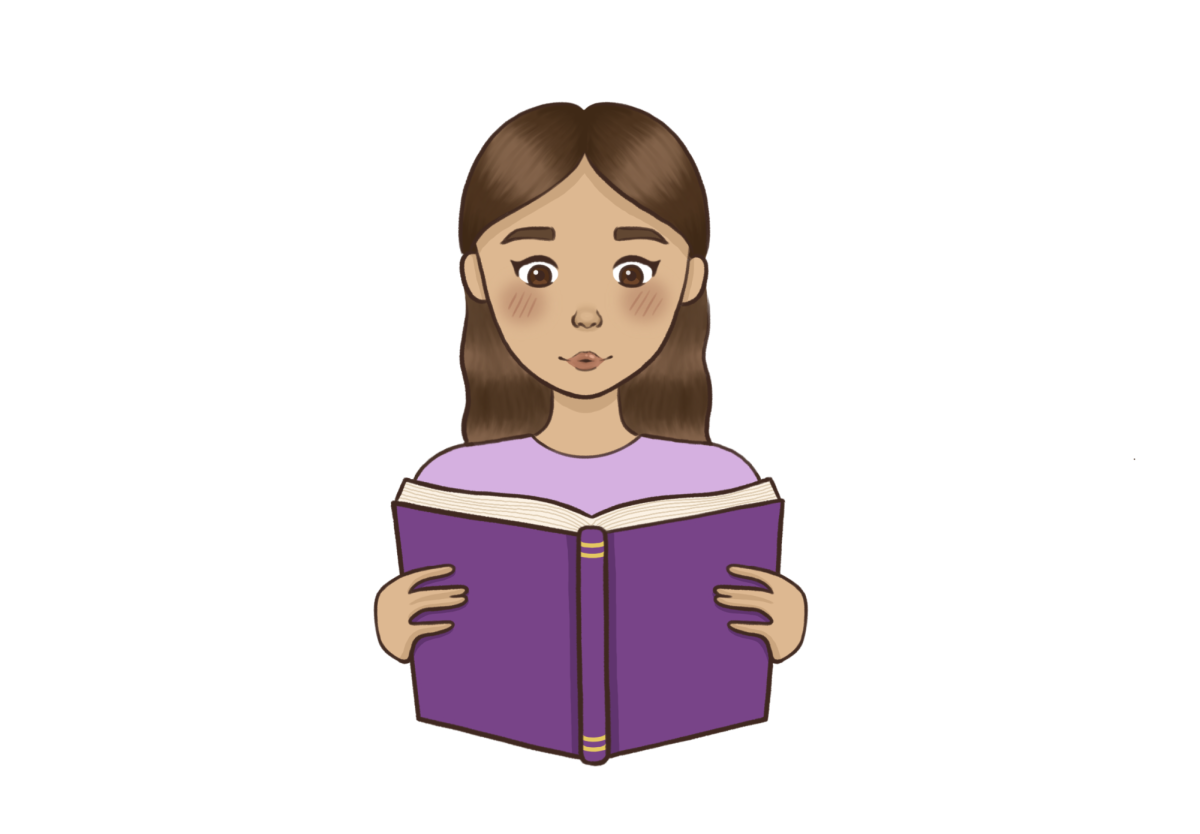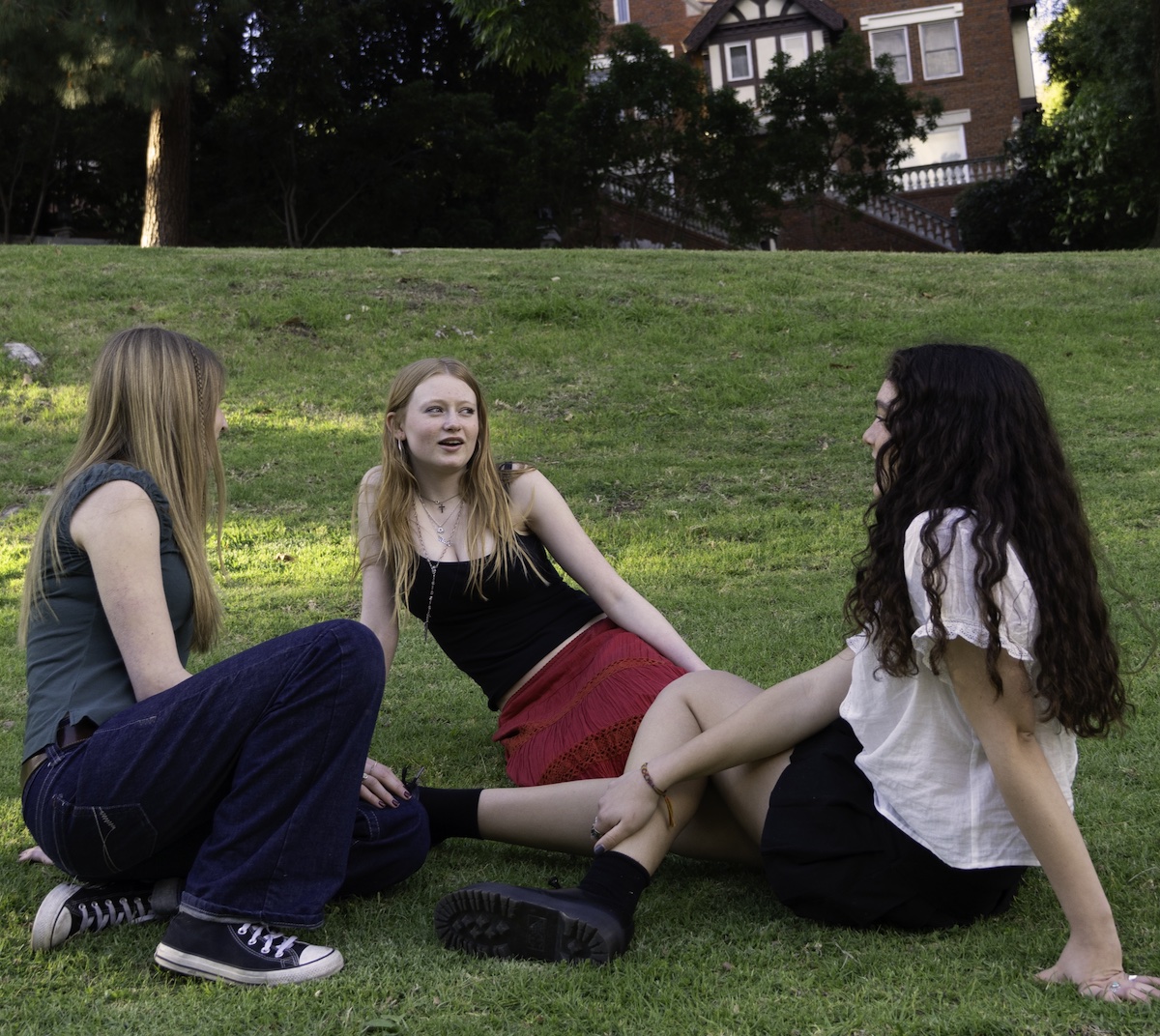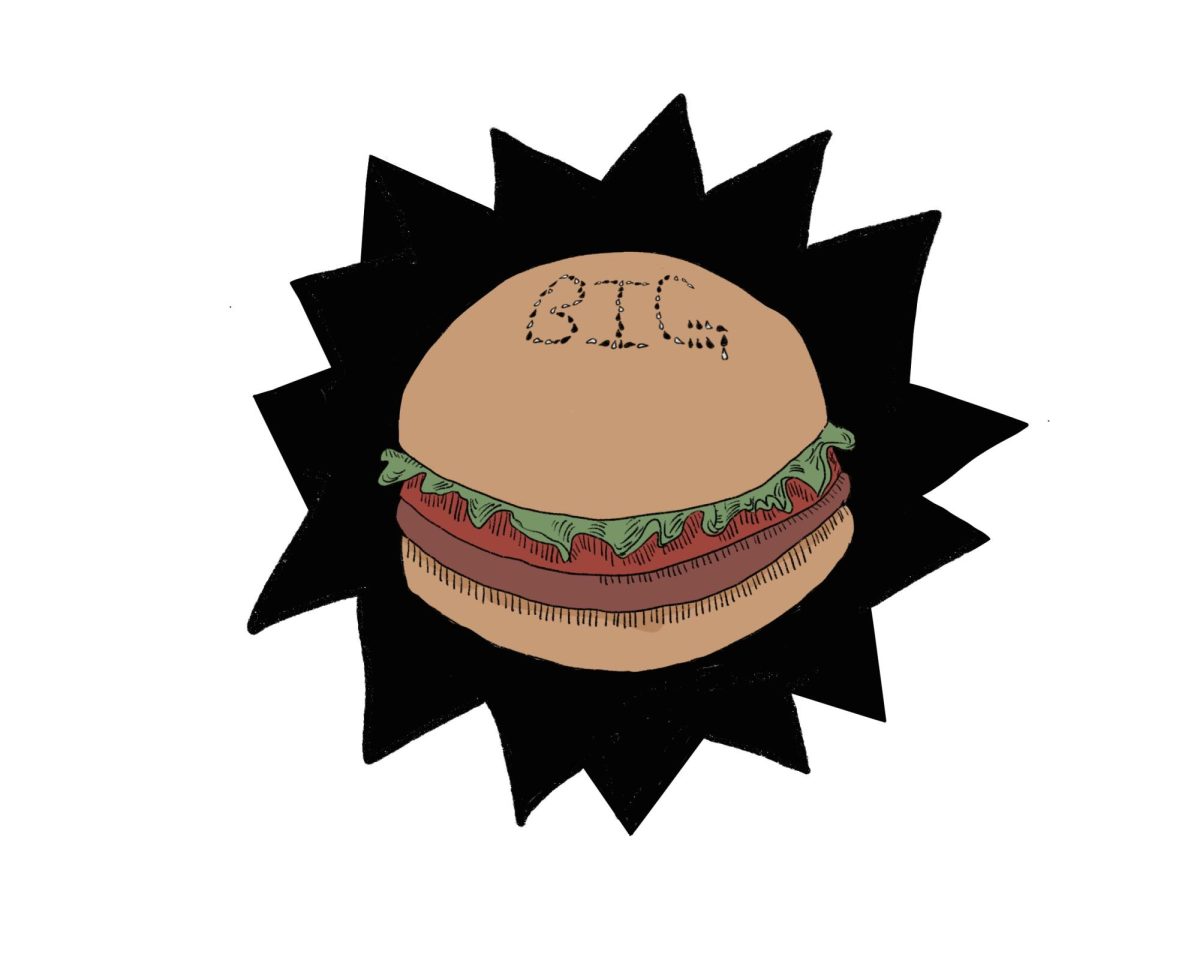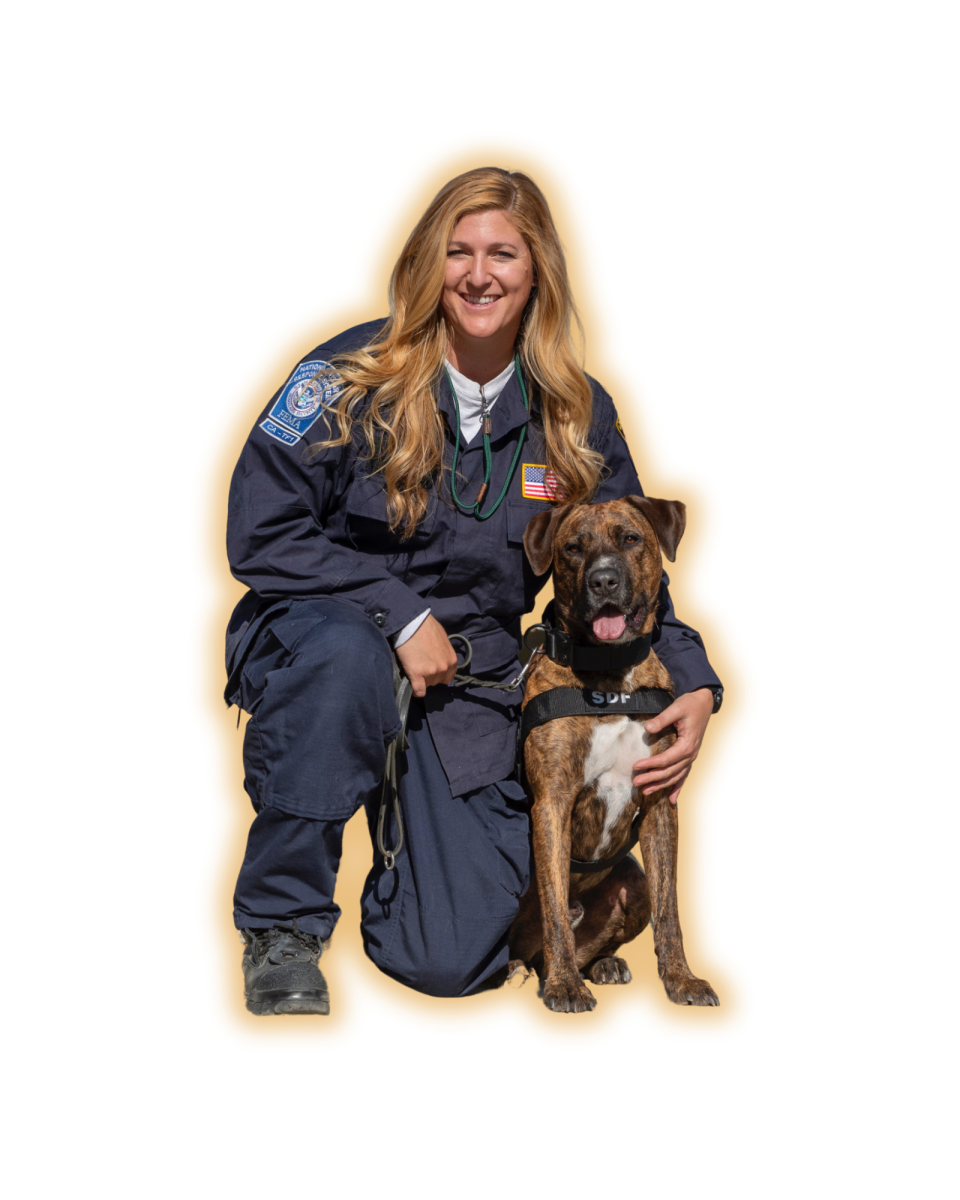By Kaelen Spiegel and Maya Jen
From online aesthetics to personality tests, there are countless different ways to categorize identity that have become increasingly popular on the internet. For example, you’ve probably taken a Myers-Briggs test or been judged based on your astrological sign.
TikTok aesthetics, self-expression and identity
For many, online quizzes and introspective questionnaires are a fun and interesting way to start a conversation or learn more about their friends. However, these forms of categorization have also been criticized for their unscientific nature and negative influence on identity formation.
Recently, a range of wildly different aesthetics have taken social media by the storm, with some raising a few eyebrows (kidcore? coastal grandmother?). Scrolling through Instagram, TikTok and Pinterest, one can fall into a rabbit hole of aesthetics, each associated with different lifestyles and ways of dressing.
For example, the cottagecore aesthetic romanticizes an almost fairylike forest life; think white dresses, picnics and sage green. On the other end of the spectrum, the dark academia aesthetic focuses on dark clothing and European culture (especially classic literature and university architecture, often drawing on Oxford and Cambridge).
Out of 52 surveyed Marlborough students, the most popular aesthetic was “clean girl.” Characterized by minimalist makeup, simple hairstyles and clear skin, this trend dominated TikTok and gained popularity for its emphasis on routine exercise and monochrome clothing.
In a quick Google search, one can find hundreds of “how to achieve the clean girl aesthetic” articles, each detailing a wide range of beauty products used by influencers. However, this trend has been criticized for its classism, fatphobia and association with wealthy white influencers.
“I think that the clean girl aesthetic can be problematic because it promotes an often unachievable lifestyle,” a surveyed student said. “It can motivate people to exercise, be productive and eat healthy, but it also feels like you’re not allowed to have bad days, and that’s not always a healthy mindset to have.”
Another critique of aesthetics is the idea of purposefully buying clothes or beauty products to curate a specific online personality.
According to Vox, rapidly changing “microtrends” online have dramatically increased purchases from websites like Shein, which is an ultra-fast fashion brand known to offer 700 to 1,000 new styles daily, but is also considered one of the least sustainable ultra-fast fashion brands.
Alarmingly, Shein’s clothing production produces approximately 6.3 million tons of carbon dioxide a year, as the company relies heavily on virgin polyester and oil, according to Time Magazine.
In this way, the desire to fit into an aesthetic promotes an unhealthy form of consumerism, which has rather damaging implications for the environment.
However, some students also think that, to a certain extent, exploring different aesthetics can offer outfit inspiration and lifestyle motivation.
As long as one does not feel forced to stick to a certain look, learning about different aesthetics can help develop personal style.
“My friends say that I dress slightly coquette, but I experiment with my style,” a surveyed student said. “I don’t actively try to fit an aesthetic because it feels limiting.”
A student also talked about how learning about different aesthetics has significantly influenced the way they think about their gender identity.
“It certainly makes my relationship with the femininity and masculinity in myself more interesting,” the student said. “Occasionally I feel more feminine and want to wear more typically femininely perceived clothing; however, I usually present in a more masculine kind of fashion.”
The psychology behind online aesthetics and personality tests
Considering the rising popularity of aesthetics and personality assessments, many have questioned why humans are so drawn to categorization. The answer lies in evolution.
Research has suggested that systems of categorization evolved as a way to keep humans safe. Categorization helps us understand our world, identify what organisms pose threats to our survival and process our environment.
“Evolutionarily, categorization frees up mental space to be able to actually do activities instead of just focusing on trying to interpret your world,” Science Instructor Lisa Ellis said. “It enables us to respond faster to our world and make sense of our world, and obviously, that will improve our ability to survive and reproduce.”
Similarly, scientists speculate that social categorization helps humans navigate complex social relationships, according to a 2017 study published in Trends in Cognitive Sciences.
“I don’t think we fully understand [social categories], but it’s pretty clear that humans are good at putting people into categories quickly, and social categorization is likely hardwired in our brains,” Ellis said. “Why this might be useful is speculative evolutionarily, but it might be useful for finding a mate, evaluating threats or establishing social bonding.”
Today, however, many of these functions are no longer as critical to our survival. Yet, there is evidence that our brains are hardwired to categorize, hence our disposition towards aesthetics, zodiac signs and other systems of classification aimed at understanding ourselves and our connections to the world around us according to a 2010 Harvard University study.
Systems of categorization related to one’s identity, expression or personality have the power to shape our perceptions of ourselves and others in both positive and negative ways.
TikTok aesthetics, for example, have been subject to scrutiny for preventing people from developing their personal expression and pushing teens and young adults to shape their personalities to fit within a category.
This can be detrimental to personal development, according to a 2021 study published in Film, Fashion and Consumption.
Academic research has suggested that the rise of TikTok aesthetics associated with specific influencers like Matilda Djerf (whose style draws from elements of the clean girl and coastal aesthetics) can be harmful to the development of teens and young adults, as they are more likely to model their identity expression off of these influencers, according to a 2021 University of Leicester study.
On the other hand, one could argue that aesthetics have numerous benefits, such as increasing the ability of people to express themselves, find community and connect with others.
“The internet has made it so much easier to find your people because there are other people like you,” Ellis said. “ If you grew up in a small town or are not sort of a typical person, you might never find those people, so the internet is great and so much good can come from it, but we also don’t want to use that ability to restrict and to put other people into categories.”
Personality tests and zodiac signs
Similarly, personality tests have been criticized for being flawed analytical tools. For example, one popular Myers-Briggs test (MBTI) has been proven to be unreliable and scientifically inaccurate according to research from Indiana University. Nearly 50% of people get different results if they retake the same MBTI test just five weeks later, suggesting that the results of the test are not replicable or valid, an idea that numerous surveyed students agreed with.
“I think personality is too complicated to be put into a box like an aesthetic or personality test and sometimes categories like that can do more harm than good by damaging personality development and self-concept,” a surveyed student said. “So no, [personality assessments] are not always valid, but they can be a helpful tool to understand yourself depending on the context.”
However, people are still drawn to these tests for numerous reasons, including that the tests can help us connect with and understand others.
“There’s this notion of in-group out-group that’s really important to us,” Leonetti/O’Connell Honors Research in Science Program Head Allison Ponzio said. “We want to feel like we have a place and belong to a group, and that forms in a variety of ways and one of those ways is personality measurements.”
Personality tests also appeal to people, especially teens and young adults, who are still figuring out their identity. These tests can help them learn more about themself and guide self-reflection, even if that assessment may not be accurate, according to a Psychology Today article.
“I enjoy taking personality tests because they tell me a little bit more about myself that I might not have known,” a surveyed student said. “Even if they are wrong, the results are still cool and interesting.”
Similarly, astrological signs have become popular for understanding one’s identity and communicating it to others.
“I don’t think it [my astrological sign] influences my personality, but I think that I am connected to it in a way and use it to guide some things about me in the future, so I kind of know what my future self will be like,” a surveyed student said.
Others have questioned the accuracy of astrological signs in explaining personality traits.
“One zodiac sign applies to all people born in a specific one month period no matter the year, meaning I have the same zodiac sign as millions of other people in the world,” a surveyed student said. “I just don’t believe at all that that had any impact on the traits I specifically have or the person I am.”
Though astrological signs and personality quizzes can also help people to understand themselves, the potential drawbacks are important to recognize.
“There’s definitely utility to categorization, but I really think it has a dark side,” Ellis said. “It’s really easy to say, especially with people, ‘Oh, you’re this kind of person,’ and then you don’t see the individual, you see a group, and that can be damaging.”




